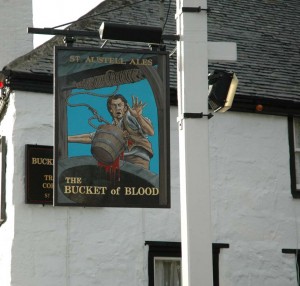March 3rd 2022 marks the 25th anniversary of World Book Day in the UK, but why should schools have all the fun? Book-lovers rejoice, as we discover some impressive places to visit and raise a glass in.
On our main site, we have created a publist of the old stomping grounds of some of the world’s most famous authors, playwriters and poets, their favourites often mentioned in their work: www.useyourlocal.com/publist/literary-pubs-frequented-by-the-greats-1777.
Going as far back as Shakespeare, his regular London haunts and his last visited in Welford on Avon, where it is believed he contracted fatal pneumonia after stumbling home in the pouring rain!
We have listed those that were frequented by the likes of Charles Dickens, Oscar Wilde, Jane Austen, Beatrix Potter, George Orwell & C.S. Lewis to name a few. The Grapes, along with its deep history and famous patrons, can even count Sir Ian McKellen as one of its owners, well-known for bringing J.R.R.Tolkien’s Gandalf to life.
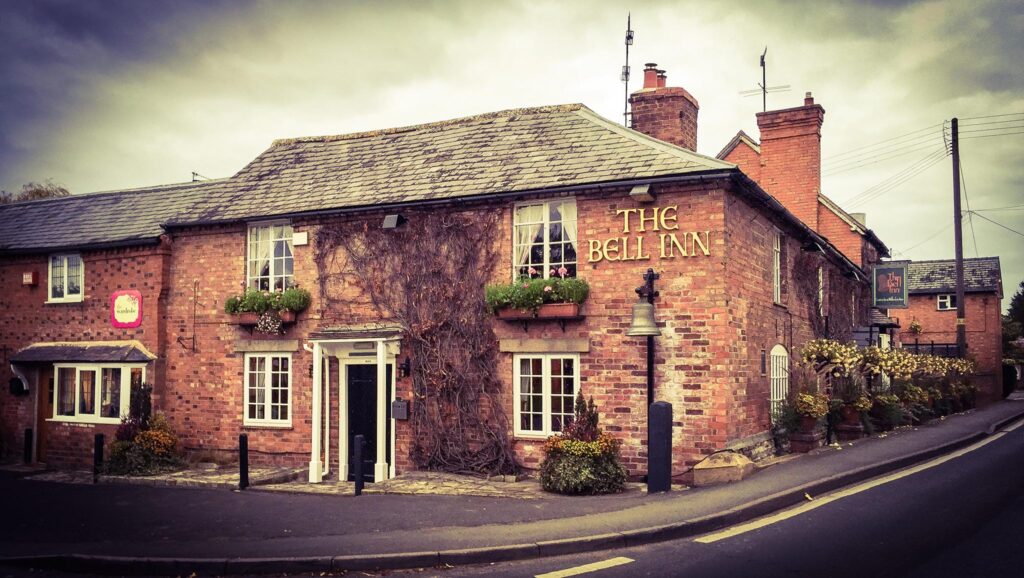
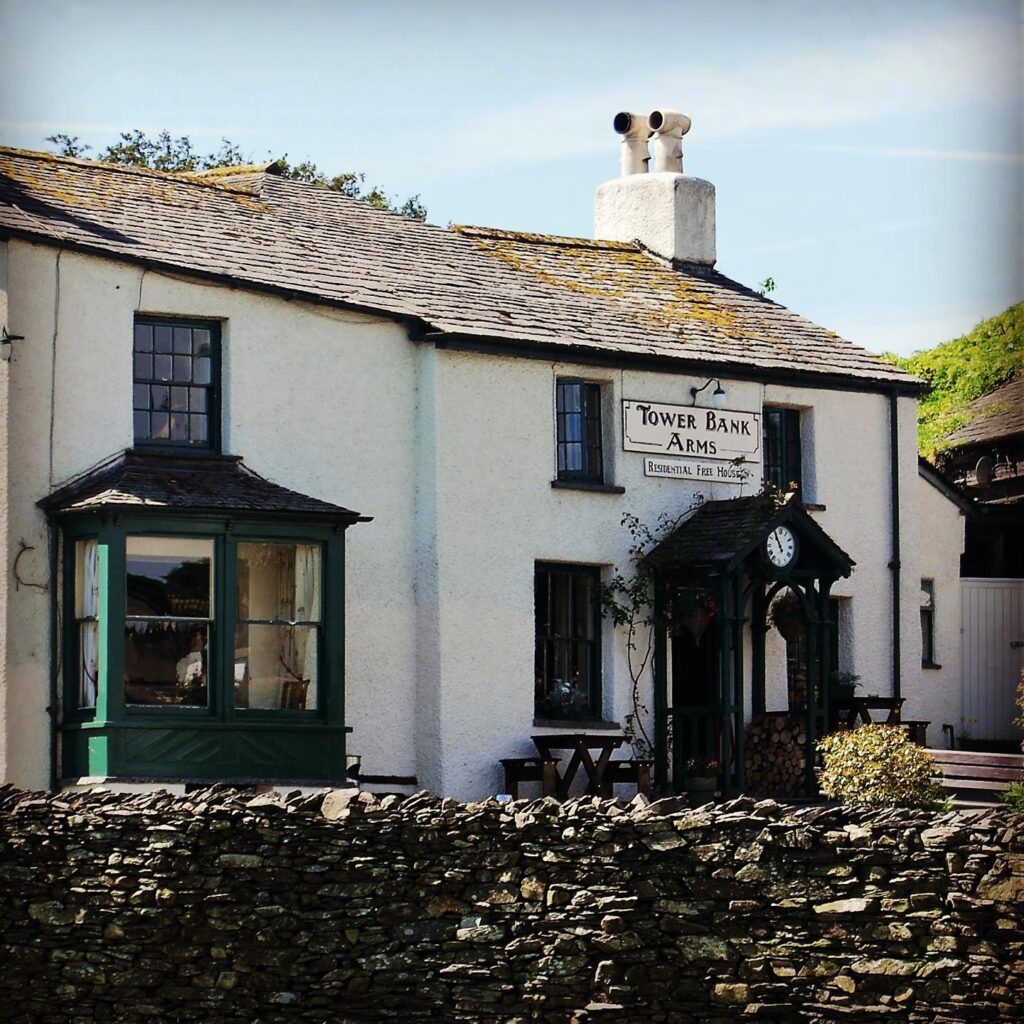
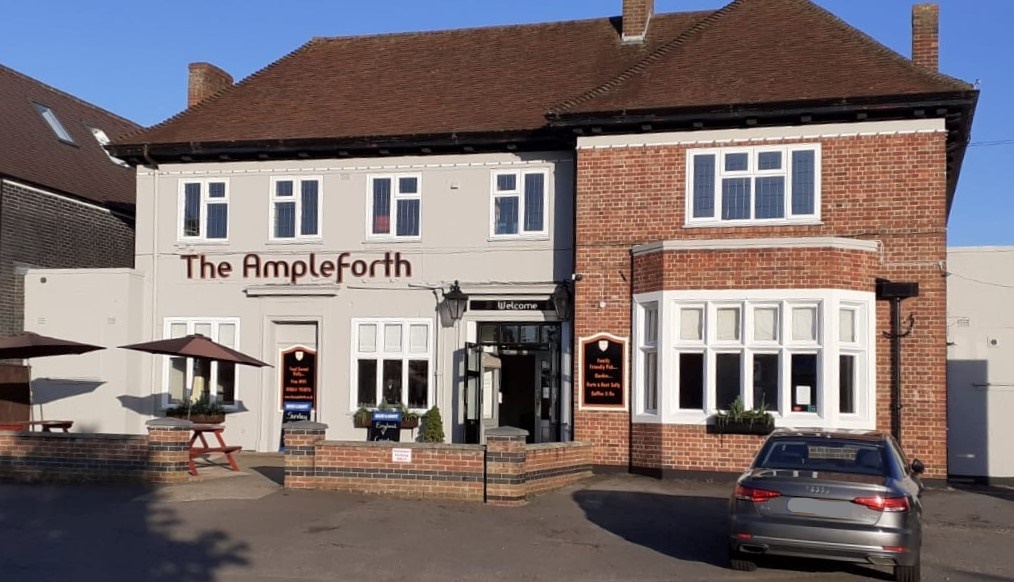
If you want to follow in the footsteps of classic characters, delve into a collection of adventurous bars inspired by Phileas Fogg. From his Mayfair residence to Aunt Gertrude’s Tavern & Gin Parlour, you can transport yourself back to the Victorian era, surrounded by artefacts and antiquities from Mr Fogg’s travels. The Society of Exploration is located only a stone’s throw away from Charing Cross station – the starting point of his famous voyage around the world!
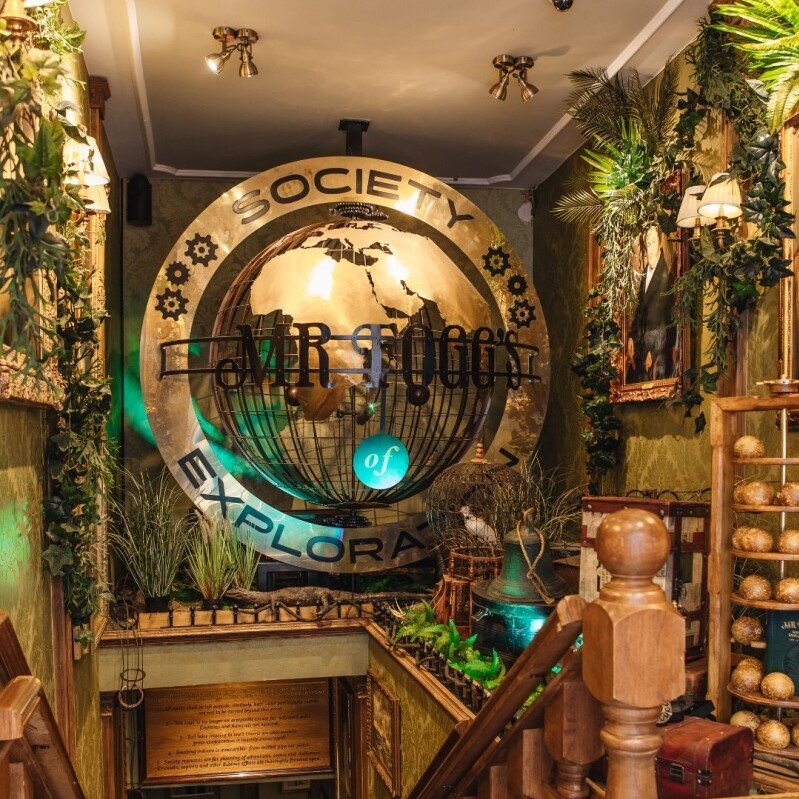
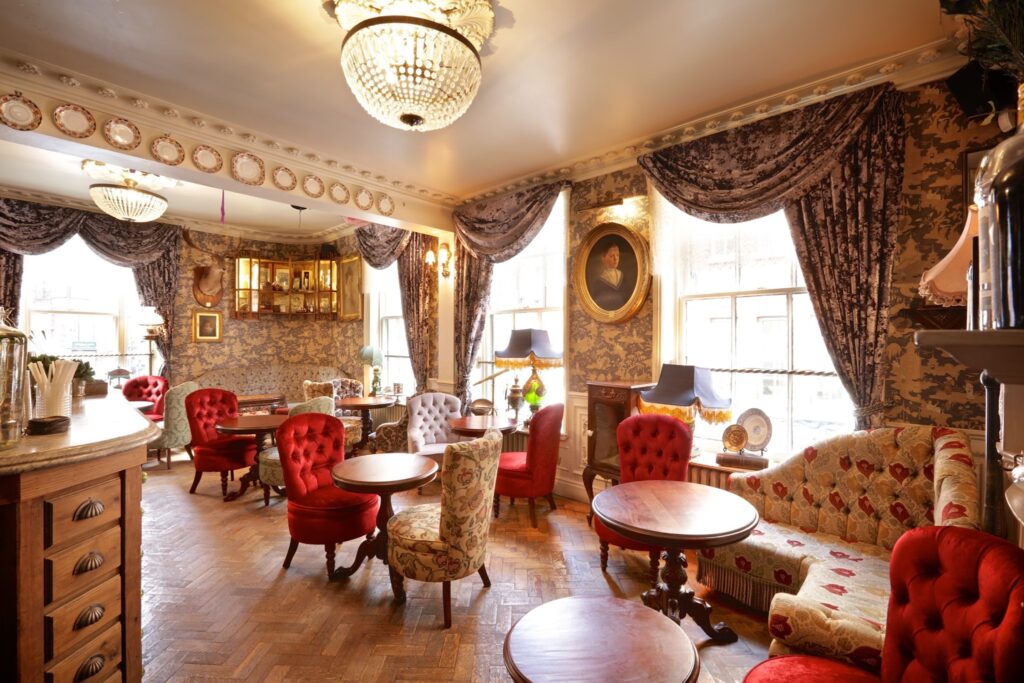
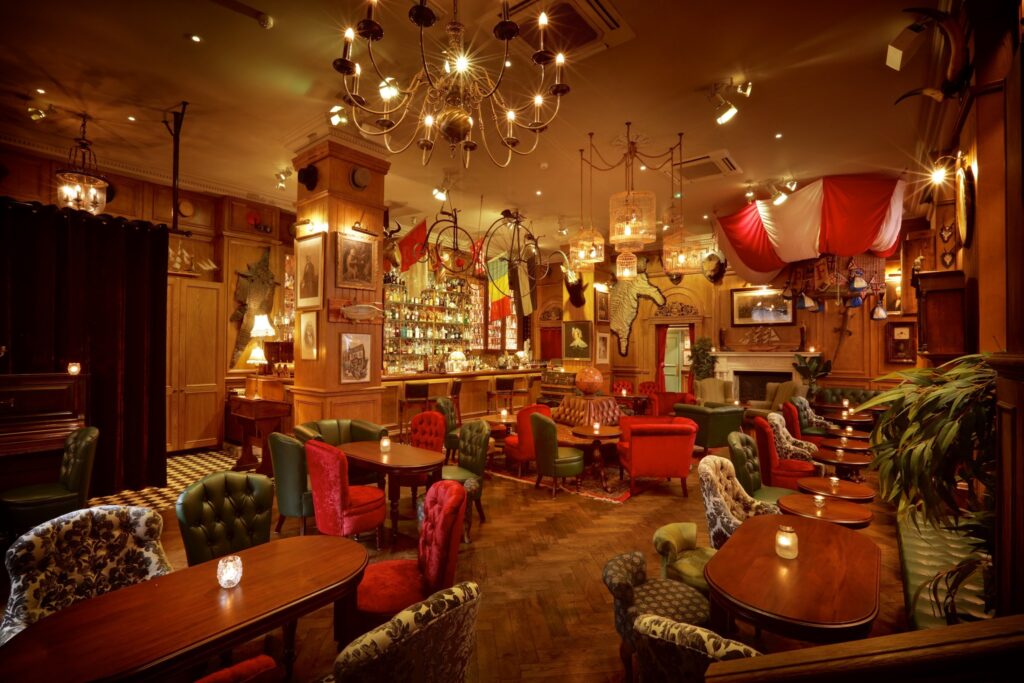
However, the loyal local can also be an oasis in the everyday hustle and bustle, the perfect snug area to cosy up in and get lost in the pages. Already featured Coppa Club, are great for exactly this, a “home from home”, local hang-out, designed for eating, drinking, meeting and unwinding. So, let’s discover some more!
- The Sun, set-up its own community library within the pub after the village’s own closed, providing an essential resource and haven to locals in the area.
- To the reverse effect, hidden amongst the bookcases of Piccadilly’s Maison Assouline, Swans Bar is described as a bastion of elegance and culture.
- For book influenced décor, The Fable near Holborn Viaduct in central London, is anything but ordinary, inspired by the fantasy world of fairy tales and Aesop’s fables.
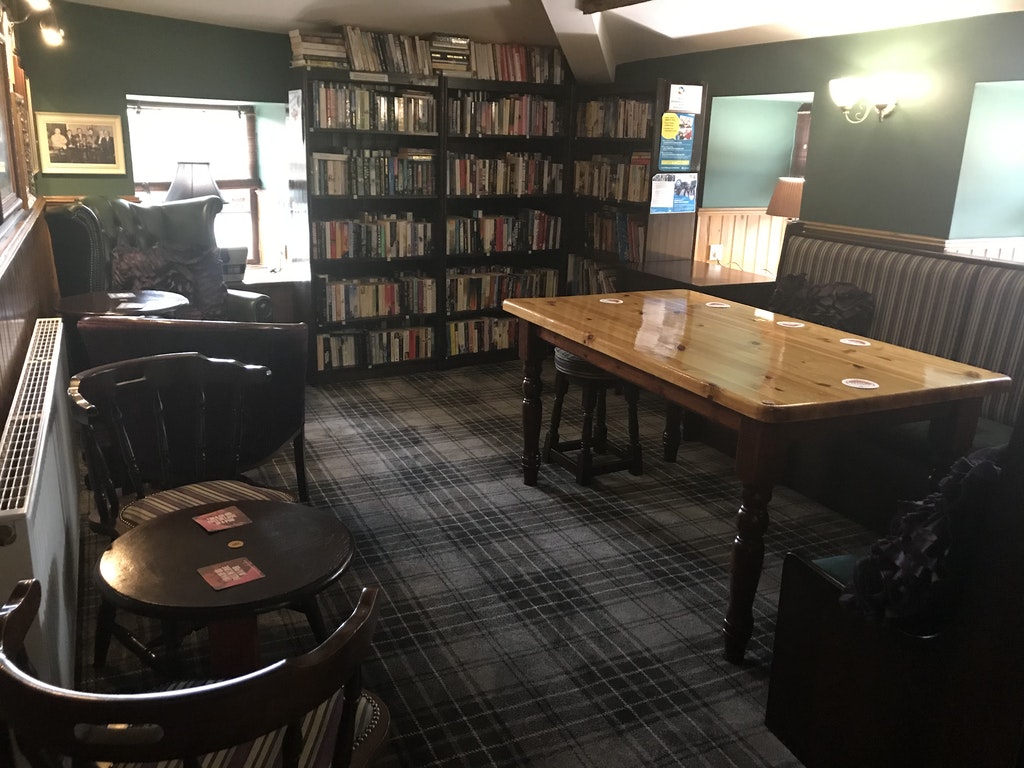
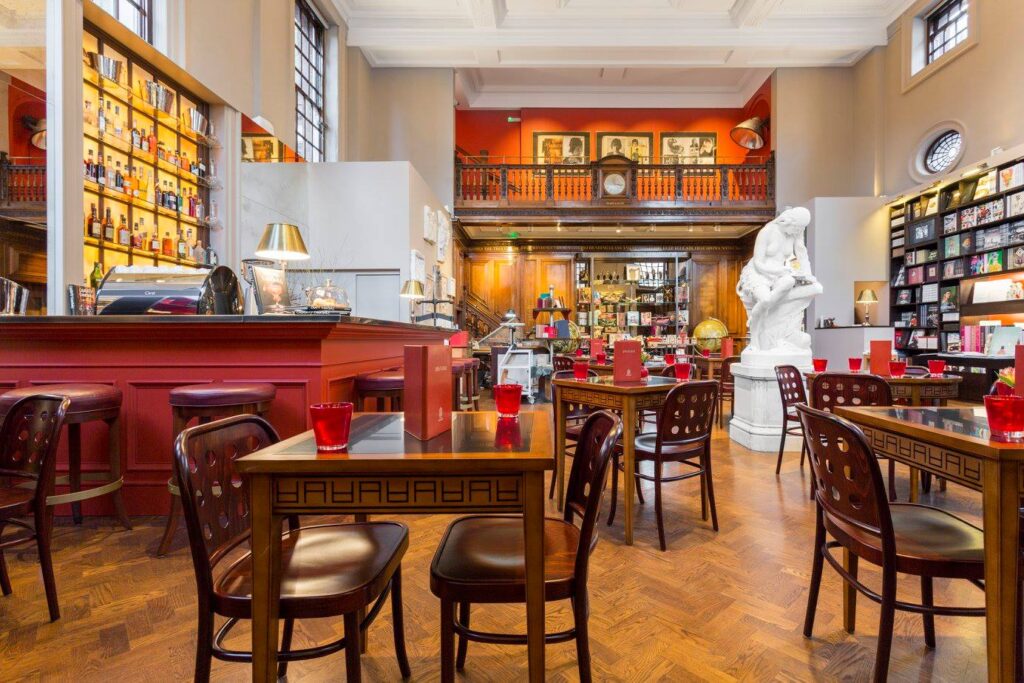

Whether you want to absorb a part of history, immerse yourself within their creations or just hunker down with your prized paperback, we have a pub just for you. Sign up today and follow your favourites: www.useyourlocal.com/join.

